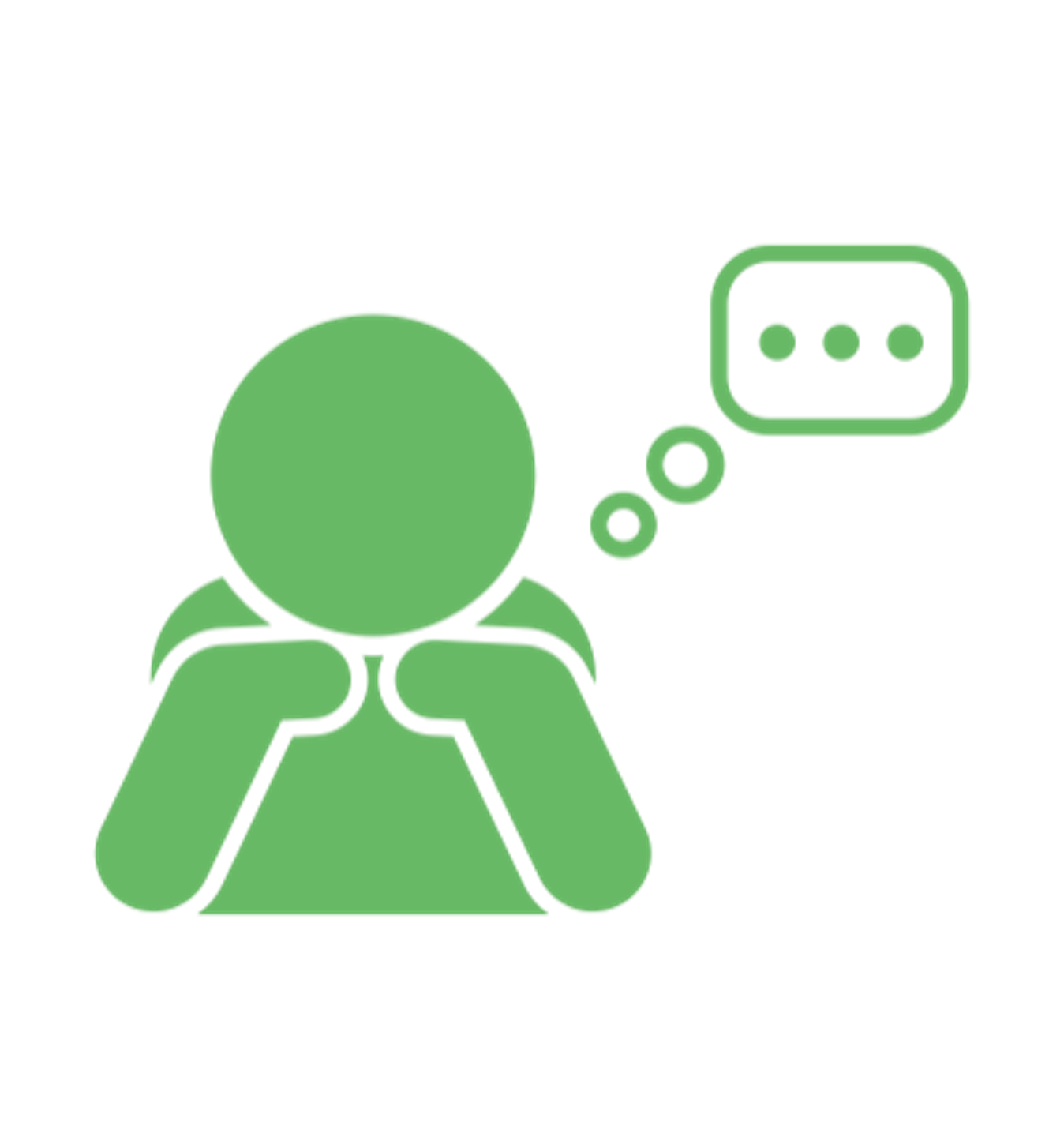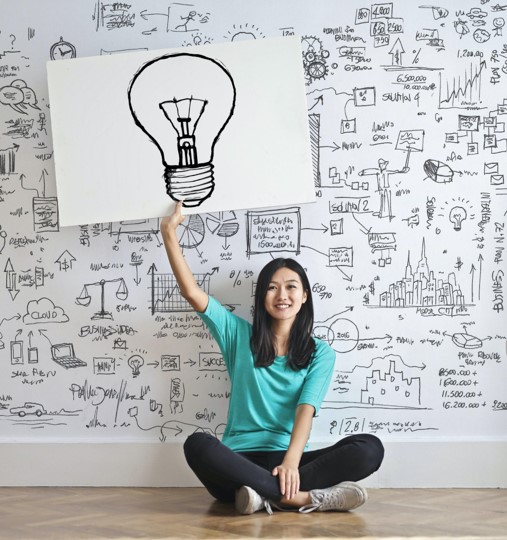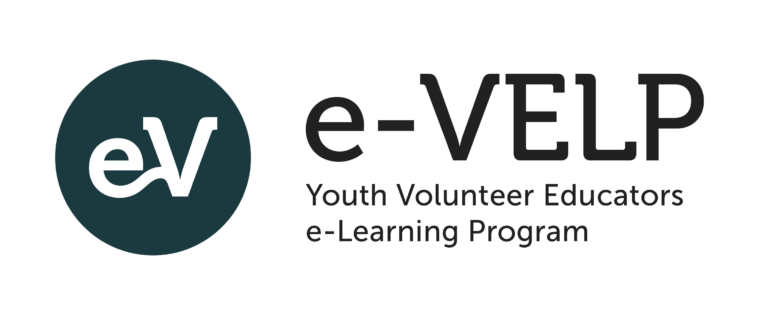Unit B.1.5 Self-reflection skills in self-directed learning
Self-reflection skills in
Self-reflection skills in
self-directed learning
Self-reflection skills in
self-directed learning
Self-reflection skills in
self-directed learning
If you recall, the 3rd step of self-directed learning is carrying out the plan and stopping from time to time to look back at the activities and the plan to assess the progress. The key aspect in step 3 of self-directed learning is reflection.
Read the text about reflection, written by A. Silva, D. Marković, P. Kloosterman (2019) Valued by you, valued by others pages 13-16
Answer to below questions in your personal notebook. 
1.Why is reflection essential in learning?
2.Why is writing a good way to reflect?
3.What are the ways to reflect by writing? Which of them have you tried? Did you like it?
4.How do you prefer to reflect?
As was mentioned, reflection is essential for learning. Simply doing things does not necessarily lead to learning. It is equally important to look back and think about what we have been doing. We need to analyse what happened and talk to others about the experience in order to really learn something (Kloosterman, Markovic, Ratto-Nielsen, 2012, p. 14).
As well-known educator John Dewey said:
We do not learn from experience… we learn from reflecting on experience
Without reflection, learning turns into a mere activity, remains chaotic and becomes successful only by chance.

Knowles was a very influential figure in the adult education field, specifically, in informal adult education, andragogy and self-directed learning. He is one of the first one’s to describe self-directed learning. He said:
Self-directed learning is a process in which individuals take the initiative, with or without the help of others, in diagnosing their learning needs, formulating learning goals, identifying human and material resources for learning, choosing and implementing appropriate learning strategies, and evaluating learning outcomes (1975/2004, p. 32).
Through reflection we (Kėžaitė–Jakniūnienė, Taylor, 2018):
– increase our awareness of ourselves,
– analyse our experiences,
– make changes based on the analysis of our mistakes,
– continue doing what has proven successful,
– and see how far we can get with our further actions.

In short, reflection allows us to make connections with our past and future. Reflection is also as essential part in experiential learning. You will find out more about reflection in the next unit.
We encourage you to make short reflections after everyday learning experiences. You can reflect by choosing:
Traditional Practice
Take a little notebook and a pencil, or use a bigger book and crayons as well as a pencil, or other materials, such as glue to attach pictures. maybe also glue to stick in pictures, and other materials
either
Traditional Practice
Sit at a computer, using Word or another program to take notes, for example: Padlet, Canva, Instagram or other way.
Make time for reflection every evening during the five days when you will be learning. In the next slide you can see questions for each day, follow them and make some notes. Remember that you don’t need to limit yourself to writing – you can draw pictures and be as creative as you want!
Here are the questions for each day’s reflection. Answer them at the end of your learning day:
Day 1:
• How do I feel after the day?
• What did I enjoy most today?
• What made the biggest impression on me?
Day 2:
• What satisfied me most today?
• Did I have a “Eureka!” Moment today?
Day 3:
• What is the biggest achievement of today?
• How happy am I with the result today?
• What challenges did I have today and how did I address them? How did I use learning support?
Day 4:
• How happy am I with my learning result right now?
• Will I reach my learning goal in one day?
• Is there something I need to change in my plan to reach the goal? If yes, what exactly?
Day 5:
• If this learning were an animal, what would it be?
• How satisfied am I with my result?
• What would I change next time?
Exchange experiences in Self-reflection forum
Make a topic in the forum and share how your learning is going. You can discuss ideas or questions from that day’s reflection or some up with other questions. We suggest sharing at least twice during the week.
Please go to the 6th Theme of this Unit in Chapter B no later than on the last day of your self-directed learning.
Do not forget to learn following your learning plan. We suggest you capture your learning moments: take photos, make videos when you learn. Also do not forget to continue with online learning on E-Velp.

pexels.com

